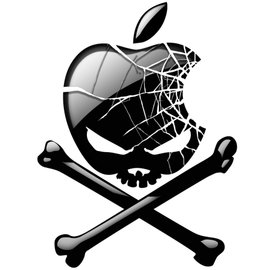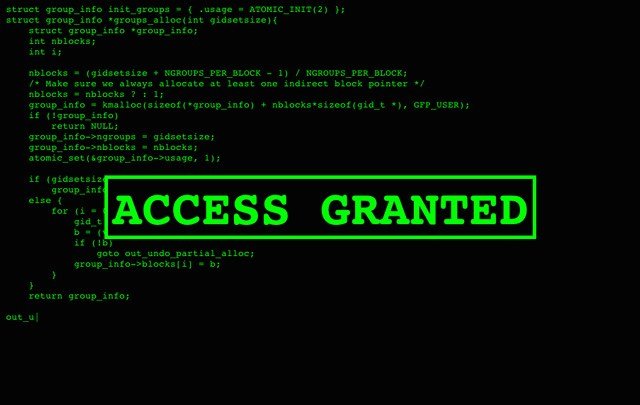A 16-year-old teenager hacked Apple's secure computer network, and accessed a server and 'extremely secure' client accounts for more than a year without being detected.

Greetings Steemians.
Returning again here I wanted to share a story that I found very interesting and somewhat comical, recently the first public company of one billion dollars of the world, or Apple, they have pirated its internal network and has entered to your servers.
And as the title describes it was not a group of expert hackers from Europe or China but it was a teenager from Melbourne at 16 years of age. Yes!! as you read it.
This shows again how unsafe your data is in Apple, the technological giant to which you pay good amounts of money both for their service and products that are sold as the safest in the world!
The student, whose name can not be publicly disclosed due to his age and reputation in the hacker community, pleaded guilty to his actions against the company as he broke into Apple's mainframe from his suburban home on multiple occasions for a year because it was A great admirer of the company, according to his lawyer, he did this in an Australian juvenile court, where he also stated that he had downloaded 90 GB of secure files and had accessed customer accounts.
Australian federal police executed a search warrant at the teenager's home last year, according to the court where he discovered a litany of piracy files and instructions stored in a folder called hack hack hack. and as reported by the prosecutor "two Apple laptops were seized and the serial numbers coincide with the serial numbers of the devices that accessed the internal systems". He added that "they also seized a mobile phone and a hard disk whose IP address coincided with those detected in the infractions."
The main international investigation began when Apple contacted the FBI, which transmitted the accusations to the AFP. The AFP discovered that the software that had enabled hacking had been installed on the teenager's laptop. A more detailed analysis found that the student successfully accessed "authorized keys" as part of his offense. The authorized keys grant users login access and they are said to be extremely secure and the story became more interesting when it was discovered that they had saved all the instructions to hack and the hacked data in a folder called "hack hack hack" , the boy is a true troll.

A guardian of the company tried to provide comfort to his clients by publishing a statement that says they protect their networks vigilantly and have dedicated teams of information security professionals working to detect and respond to threats . He added: "In this case, our teams discovered the unauthorized access, they contained it and reported the incident to the authorities We believe that the security of our users' data is one of our greatest responsibilities and we want to assure our clients that in no case During this incident, your personal information was compromised. "
However personally I do not know how to say this after repeatedly the teenager was entering for a year to their network and server, denying that they have a professional information security teams working on this, because if even from the first intrusion attempt they would have caught it.
Now the boy's audacity or also his inexperience in the social part, led him to share details of his piracy with members of a WhatsApp group, I think this is one of the worst decisions that a hacker can make, because anonymity is due as one of the main rules and if you want to brag about your achievements for that is the Deep Web where you can do it without fear of being found.
He pleaded guilty and will return to court for his sentencing in September because of the complexities involved in the case.
With all this in the end we must rethink how much we should trust these companies where the security aspect is already more than demonstrated that no matter how much investment in security they do, there will always be a way to access such information .
Security is never absolute.
Greetings.